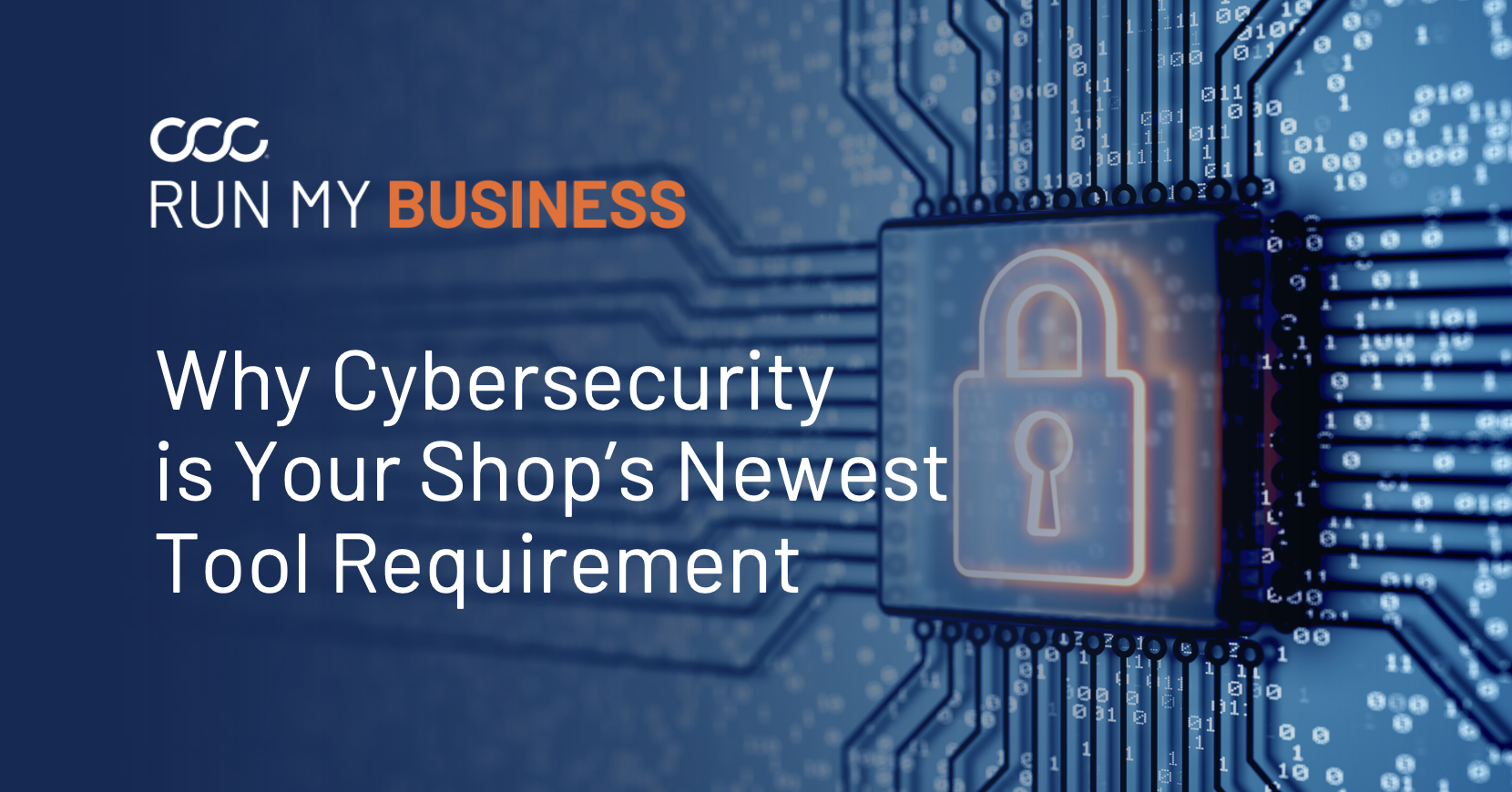
By Eric Horton, Principal Business Consultant, ELEVATE Services
Parts make up the largest portion of the total cost of a repair (Q1 2025 Crash Course). When working with shops, their owners, and leaders, one of the most common questions I get is: “How can I increase my parts margin?” Nearly every time, the discussion centers around discounts—how the shop can obtain them or negotiate better ones.
While discounts are important, they only represent a small portion of your margin. If not discounts, what else should you consider affecting parts margin?
1. Complete Tear Downs
Avoiding a tear down to save time upfront can lead to more problems in the end like multiple orders, missed parts, supplements, or even not getting paid for ordered parts. And if a vehicle ends up being a total loss you may be on the hook for parts ordered but not needed. It’s also good to note that ordering the right part for the vehicle make and model can also come in to play here (just a reminder!). All of these will impact your overall parts margin, so do a complete tear down before ordering.
2. Timing of Parts Orders
Don’t drag your feet ordering parts. Procrastinating here can create a false sense of urgency and buying when you’re stressed leaves room for errors – including not looking closely at margins or forgoing the part with better margin for a better ETA.
Price matching also shouldn’t be your default to correct a less-than-ideal parts order. Ordering on time helps maintain your margins and avoids last-minute decisions that hurt profitability.

3. Ordering Parts Electronically
When you order parts electronically (for example, through the checkout cart in CCC ONE®), it helps to ensure that parts are included in the estimate. Why is this important? In my experience working with thousands of locations, parts that aren’t ordered electronically often end up being “eaten” by the shop, and suppliers may even chase you for payment. Stick to electronic orders to protect your margin and increase accuracy.
4. Use Primary Supplier Partners
The decision to make a supplier your primary partner is often based on pricing. If you’ve negotiated favorable rates, make that supplier your go-to.
If you need to make a late return or place a special order, they’re more likely to work with you, especially if you're consistently buying from them. You made them your primary supplier for a reason—now it’s time to leverage that relationship to benefit your parts margin.
5. Manage Returns Efficiently
Lost parts due for return can result in costs that eat into their margins. That's why a streamlined, organized return process – and having a dedicated area for returns – can significantly improve your bottom line. When you order parts electronically (see #3!) we've also seen up to a 16% reduction in returns. This is a simple yet powerful way to help maintain your parts margin.
By consistently focusing on these five key areas of your shop’s operations, you can impact your parts margin and, ultimately, your bottom line.







